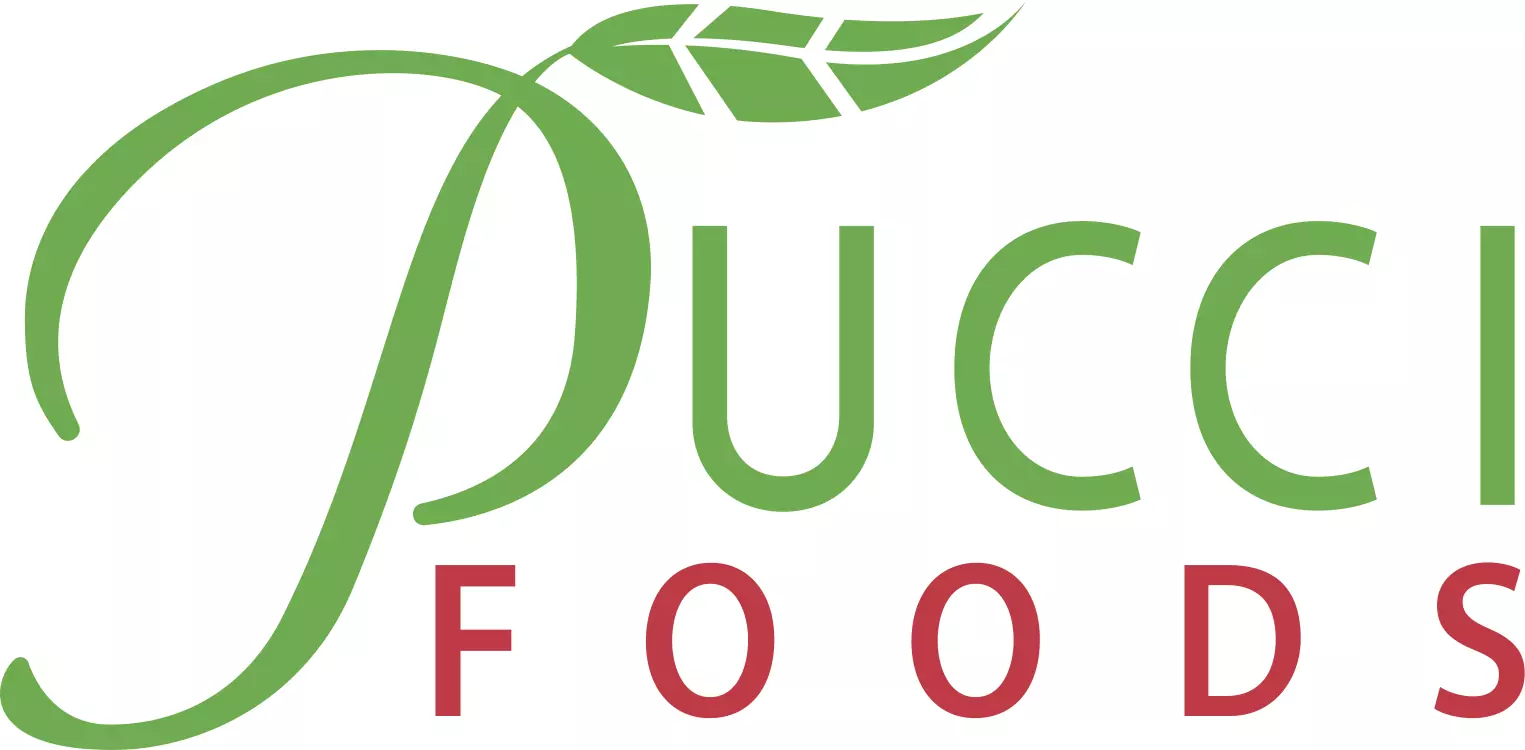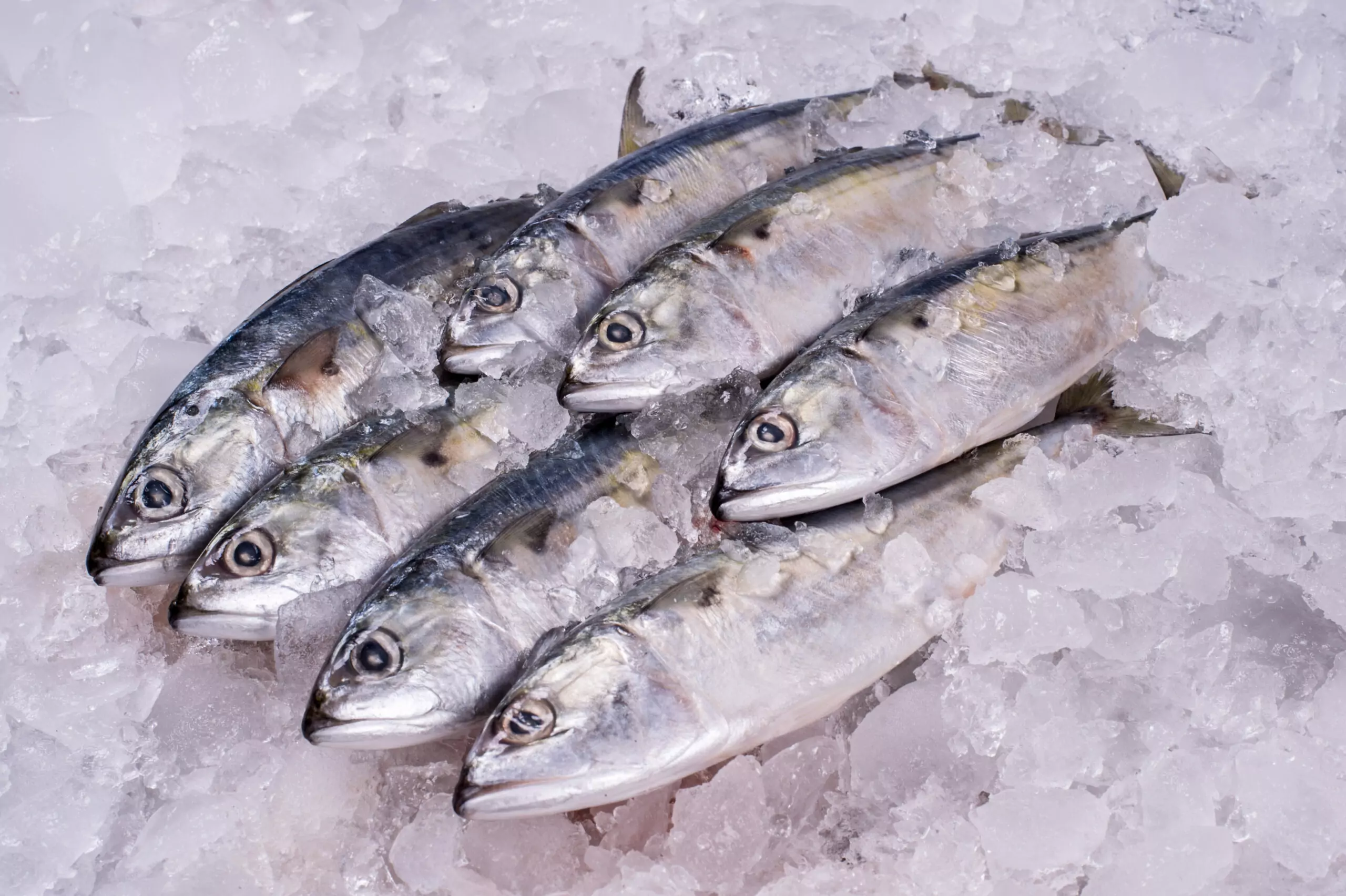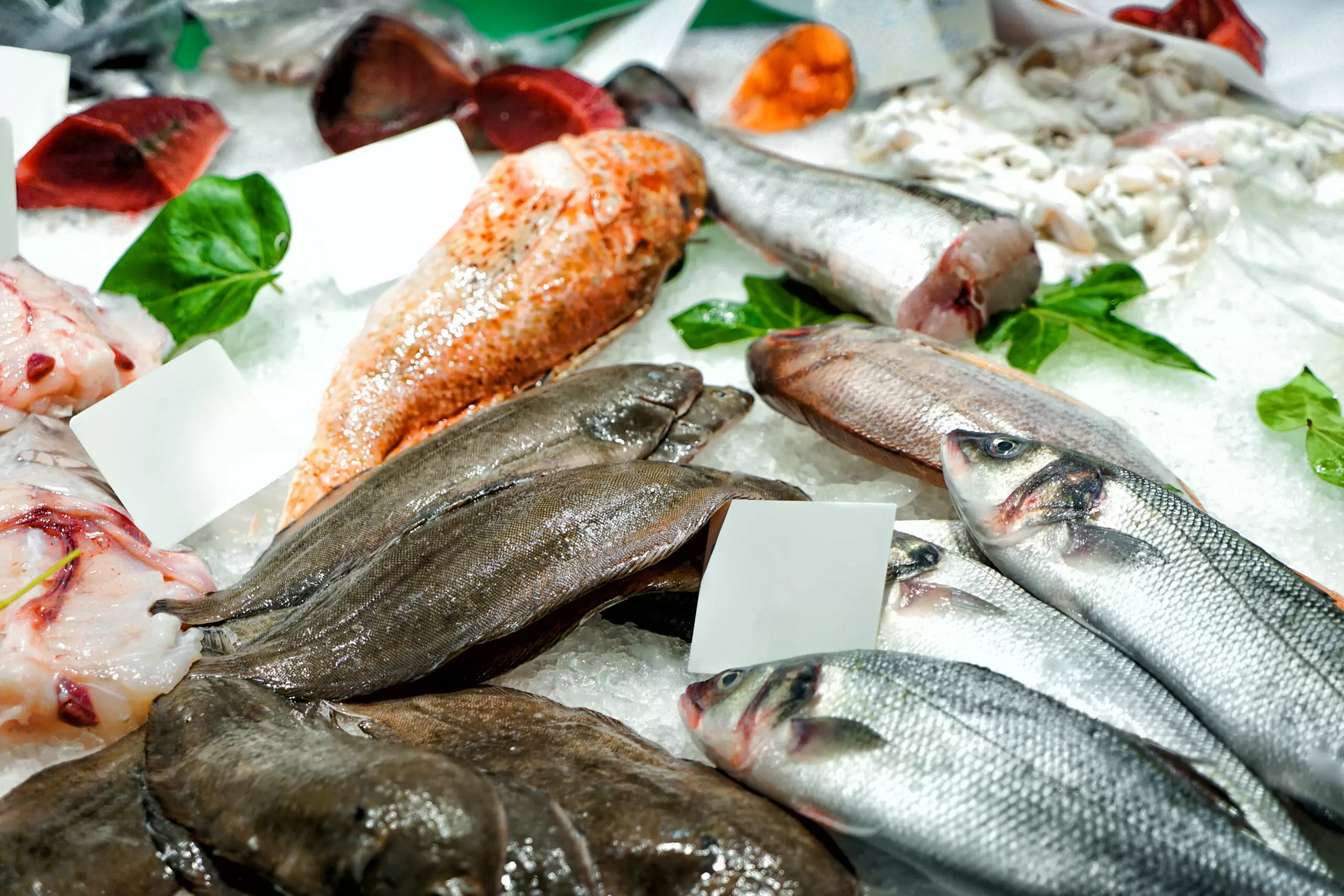When I visit my local seafood store in nearby Oakland, it’s pretty straightforward to find sustainable wild-caught fish for my family’s dinner table. However, when it comes to farmed seafood it’s a different story. The U.S. imports some wonderful sustainable aquaculture products from around the world, but they are far outnumbered by the unsustainable ones we import. Unlike wild-caught seafood, there are very few fish products locally farmed in California available on our shelves. What this means is that purchasing farmed seafood simply requires more time on the part of both the vendor when choosing a responsible wholesale distributor that sells farmed fish, and on the part of the Bay Area consumers who put in an effort to buy sustainable food.
Aquaculture in California
The United States has some of the healthiest fisheries in the world, but we lag far behind other nations when it comes to aquaculture. The process is much more complicated here–we are incredibly protective of our nation’s waters and aquaculture requires an extensive permitting process. This is actually a good thing! It means that don’t take aquaculture lightly; that we evaluate, re-evaluate, and triple-evaluate the environmental impact of any fish or shellfish farm. We are wary of the fact that in some parts of the world, aquaculture has harmed the natural landscape, had detrimental impacts on ecosystems, and is sometimes even ethically questionable when it comes to how farmers are treated.
However, the United States has a real opportunity to become a leader in sustainable aquaculture, with California at the forefront. With 840 miles of coastline, our state has incredible potential to develop a thriving and environmentally-friendly offshore aquaculture industry. This would provide a sustainable option for locally farmed fish that could potentially replace imported farmed fish in the Bay Area.
What the Joint Committee on Fisheries and Aquaculture Found
On October 4th, 2016 a joint committee of scientists, fishermen, and legislators came together in Bodega Bay to discuss the current situation of California’s fisheries and the potential for developing an aquaculture industry. Several comprehensive studies proposed a highly beneficial economic value to farming fish off our coast, and for good reason.
Despite having very healthy fisheries, the United States actually imports about 90% of the seafood we consume (we export most of ours to other countries). Half of what we import is farmed seafood, of which only 2% is inspected.
Modeling from researchers showed that just one farm off the San Diego coast could generate $50 million annually and support 300 jobs in the seafood industry. If we aimed to produce 14 pounds of seafood per capita in California–257,000 metric tons–it would generate a $6 billion aquaculture industry for CA that would support 21,500 jobs. And it would take up only an amount of space (depending on fish species) measuring 10 meters deep with a 1.2 mile diameter. Of course, this example may not be realistic any time in the near future, but it gives us an idea of the fantastic potential of a new aquaculture industry in our state.
The idea is attractive for other reasons as well. We have much stricter regulations than many places in the world and our farmed seafood products would have very little environmental impact–in fact, the best location to place these farms with the least amount of impact on the seafloor and nearby ecosystems has already been determined. This is not to mention that seafood produced from local farms would have a much lower carbon footprint than imported seafood.
Why Should We Care About Local Bay Area Farmed Seafood?
This is exciting news for the wholesale seafood industry. It would mean that we would have an influx of fresh seafood for Bay Area consumers that could take the place of imported farmed seafood, and the benefits for us and our customers would be numerous:
- Strict local regulations mean there would be many more options for sustainably farmed seafood.
- As some fishermen would undoubtedly move towards a profitable aquaculture industry, we would shift fishing pressure off of California’s wild fish species.
- In-state aquaculture means a much smaller carbon footprint than imported farmed seafood that has to be shipped thousands of miles.
- Prices could potentially be lower than imported seafood because locally produced seafood would require less expensive fuel for transportation and would need to change fewer hands.
- We would be supporting a local industry, local jobs, and California’s economy.
- Species that we could farm are in high demand among consumers–here are just some examples of fish used in aquaculture that we could start farming right away:
-
- White sea bass
- Striped sea bass
- Yellowtail jack (nearly 16,000 tons are imported to the U.S. each year to meet market demand)
Sustainably- and locally-minded consumers in the Bay Area would be drawn to seafood products farmed in California for all the points discussed above, which would ultimately benefit wholesale seafood vendors in the Bay Area, their consumers, and our global environment.
Supporting Local Aquaculture
Developing a healthy aquaculture industry in California would an incredible step in the right direction in terms of sustainability and revenue in the seafood industry. And it’s really not so far away–many researchers and fishermen (who want to move away from wild fisheries) are pushing for this to happen sooner rather than later. We are excited at the potential of California’s aquaculture industry, but for now, we encourage you to visit our seafood catalog to find sustainably farmed seafood that Pucci Foods has sourced for the discriminating Bay Area customers at your business.



